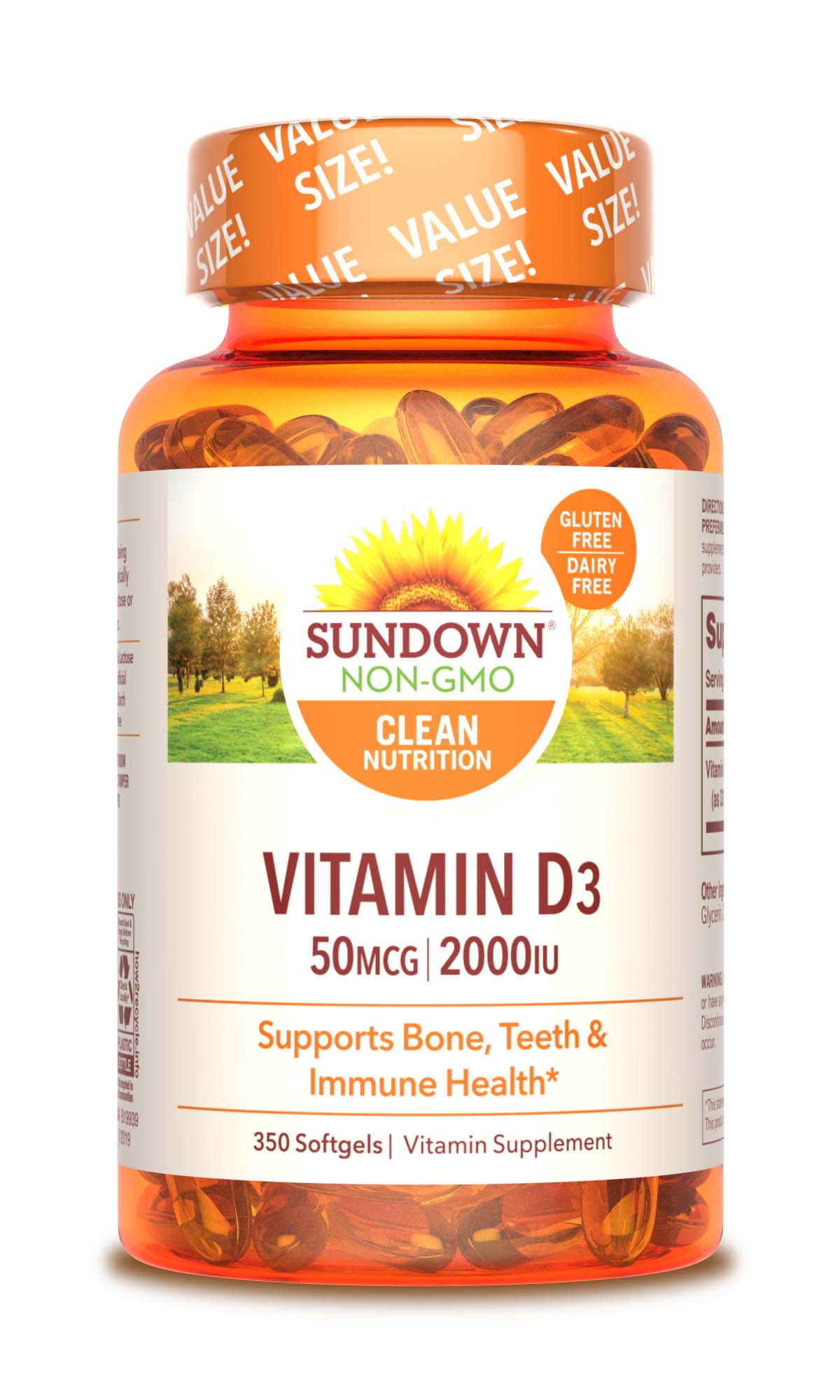

Your child's dose will depend on age, weight, diet, and other factors. Tell your doctor if you are breast-feeding.ĭo not give ergocalciferol to a child without medical advice. Tell your doctor if you are pregnant or if you become pregnant while taking ergocalciferol.Įrgocalciferol can pass into breast milk and may cause side effects in the nursing baby. Too much vitamin D could harm an unborn baby, and your dose needs may be different during pregnancy. Ask a doctor before using ergocalciferol if you have allergies, diabetes, or phenylketonuria (PKU).


any condition that makes it hard for your body to absorb nutrients from food (malabsorption).Ĭertain forms of ergocalciferol may contain ingredients you should know about, such as peanut or soybean oil, sugar, aspartame (phenylalanine), or certain food dyes.6 The production of ergocalciferol was prompted by the identification of dietary deficiency, more specifically vitamin D, as the main causative factor for the development of rickets. 1 It is synthesized by some plants in the presence of UVB light. high levels of calcium in your blood (hypercalcemia) or Ergocalciferol is an inactivated vitamin D analog.high levels of vitamin D in your body (hypervitaminosis D).You should not take ergocalciferol if you have had an allergic reaction to vitamin D, or if you have:


 0 kommentar(er)
0 kommentar(er)
